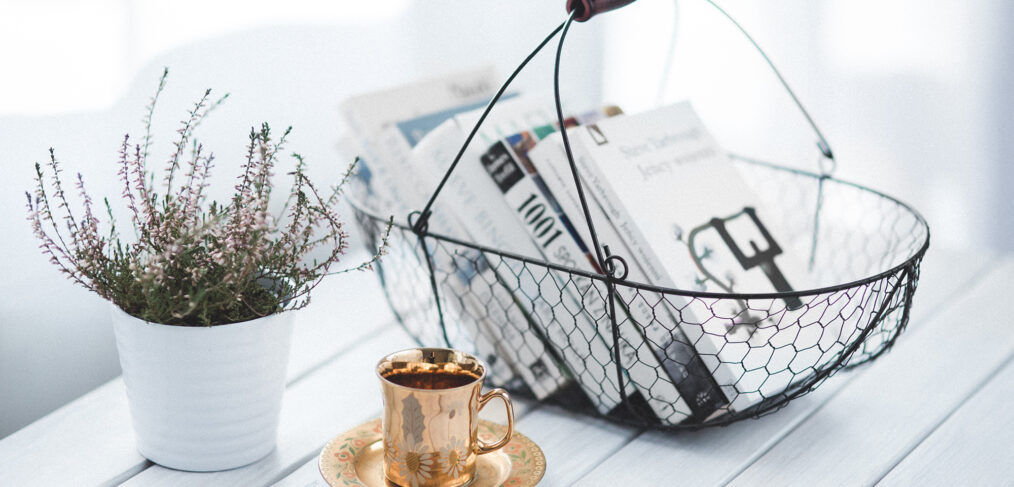Anyone else feeling overwhelmed?
Many of us are struggling with our children’s education during lock-down. It can be easy to fall into the trap of expecting ourselves to get the same results as our children’s teachers. This is a mistake that can make both ourselves and our kids feel worse. Are you a teacher? Even if you are, many of us are also juggling working from home as well as managing household tasks. It’s easy to feel overwhelmed as we try to be all things to all people.
Breathe and remind yourself, these are unusual times.
There is no road map for this. Just like the Government and the schools, we are making this up as we go along. Trying to carve out a new existence but holding onto the old pressures. Every single one of us is carrying the stress of the unknown. Few of us perform well under these kinds of stresses. Why are we expecting ourselves and our children to carry on as if this isn’t happening?
Children are struggling with uncertainty and motivation too.
My children are struggling to motivate themselves with their education. To be fair they weren’t highly motivated to start with but lets be honest, it”s hard to stay motivated. Particularly for those kids who don’t have a “why”. What I mean by that is: a reason to push themselves to do a task that holds very little interest for them. Remember our kids are struggling to make sense of the world at the moment. Its difficult to know what’s going through the minds of young children or recalcitrant teens. Even before lock-down my youngest stated “there isn’t going to be a future” (responding to his fears around climate change). Adults as well as children are struggling to visualise what the future might look like, and what their place might be in it. Would you study if you could soothe yourself by chatting to your friends, watching videos or playing computer games? We need to show ourselves and our children a compassionate response to our fears and the conditions we are now living under. The future has lost some of its sparkle and no-one really knows when it will be back.
Get some support
Do you need further support in this area? Register your interest here for either a private consultation or to join an online parenting group? Register your interest here.


